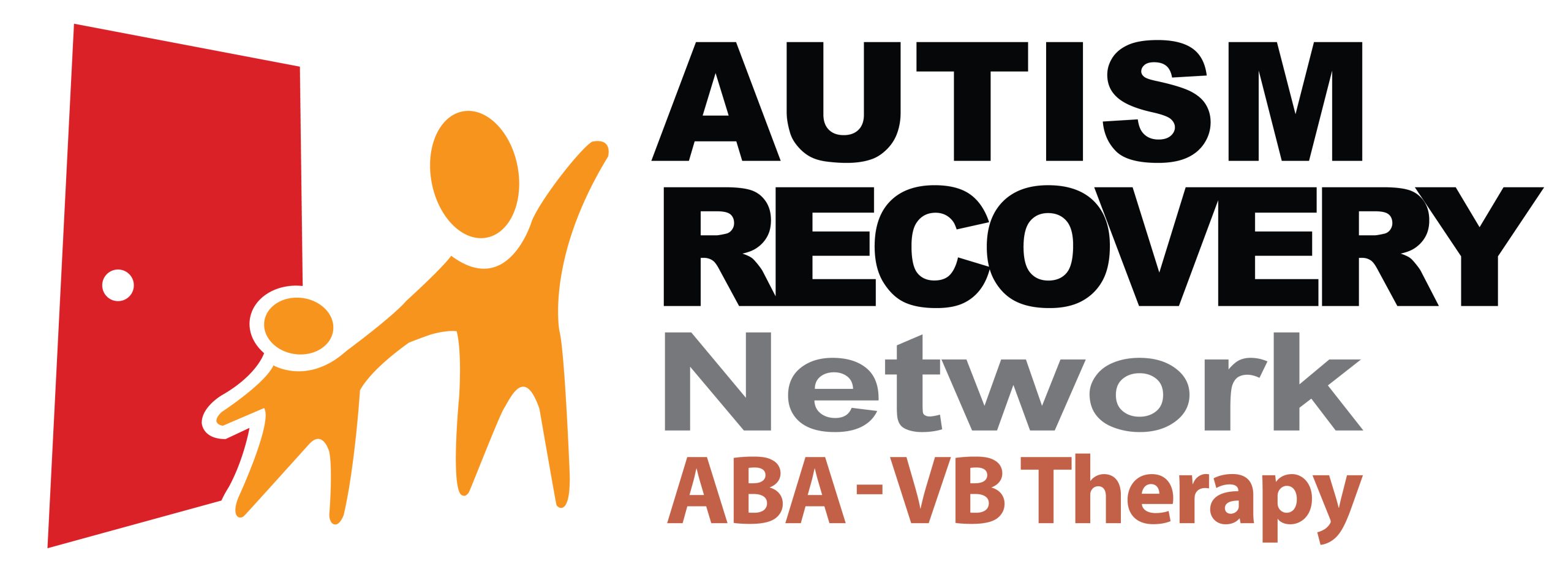Autism Recovery Network Hong Kong
ABA Therapy in Hong Kong for Children with Autism
Supporting Families Since 2005
Autism Recovery Network provides ABA therapy in Hong Kong for children with autism, ADHD, and developmental needs.
Since 2005, we have worked with families to build communication, learning, and daily living skills through structured, evidence-based programs. Our focus is on practical progress, clear goals, and long-term support that helps children function more independently at home, in school, and in the community.
Our programs are designed to support children at different stages of development – from early intervention to school-age support, and beyond
Who ARN is For
ARN supports families who:
Have a child diagnosed with ASD (Autism Spectrum Disorder), as well as other conditions like ADD, ADHD, cognitive and developmental delays and behavioral disorders.
Are looking for scientific, professional, structured, long-term support, and not the quick fixes
Want their child to develop practical skills for daily life
Value expert and qualified guidance, clear goals, and measurable progress
Are ready to take part and work together with therapists over time
(We believe the right support starts with the right expectations.)
Our services are adapted to support children at different developmental stages, including early childhood and school age, while maintaining the same structured and individualised approach.
You can view an overview of our support options on our Services page.
PARENTS' REALITY
Many parents come to us feeling overwhelmed and uncertain.
You may be wondering:
“My child is learning things, but why aren’t they using these skills in real life?”
“We’ve tried different programs, but the progress seems unclear or inconsistent.”
“I don’t know what my child should be learning right now — or what really matters.”
“I’m worried about timing. Am I doing too much, or not enough?”
Raising a child with autism or special needs often means making important decisions without clear answers.
At ARN, we start by understanding your child’s current abilities, your concerns as a parent, and what meaningful progress looks like for your family — not someone else’s.
Our approach — and why families choose ARN
At ARN, we believe meaningful progress comes from clear planning, consistent support, and realistic goals — not trial-and-error or short-term activities.
Our work begins by understanding where your child is today, and identifying which skills will make the greatest difference in daily life. Rather than trying to do everything at once, we focus on priorities that matter, and adjust as your child grows and responds.
What families value about ARN is not just what we do, but how decisions are made:
Structured Framework
We work within a clear, consistent framework, so goals are intentional and purposeful — not reactive or based on trial and error.
Real-Life Functional Skills
We focus on skills that can be used meaningfully in daily life, not isolated tasks that only stay within therapy sessions.
Professional Oversight
Therapy is guided by ongoing professional supervision to ensure consistency, quality, and appropriate adjustments over time.
Clear Parent Communication
Parents are kept informed about what their child is working on, how progress is evaluated, and why each goal matters.
ARN is not designed as a quick solution or a casual program.
We work best with families who are looking for a thoughtful, long-term, professional, and well-guided approach to supporting their child’s development.
A team families trust
Choosing support for your child is a serious decision.
Families work with ARN because they want clarity, professionalism, and a team they can rely on over time.
Since 2005, we have been providing therapy to over thousands of children with ASD in Hong Kong, Singapore, and Indonesia.

Getting started is simple
1. Talk with us – Initial consultation
Share your child’s background and concerns.
2. Understand your child – Assessment and recommendations
We assess strengths, challenges, and readiness.
3. A clear plan forward – Individualized support plan
You receive practical and personalized recommendations.
No pressure. No obligation.
For families ready to explore structured, individualized support, learn more about our
Talk with our team
If you’re unsure where to begin, our parent consultation is designed to provide clarity.
Our team will take the time to understand your child’s situation, answer your questions, and help you decide whether ARN is the right next step for your family.
There is no obligation — just an opportunity to talk things through with professionals who work with families like yours every day.
Ready to talk?
A conversation can help bring clarity.
Our team is here to listen and guide.
❓ Common Questions From Parents
Children develop at different paces, and support needs vary by individual. During the initial consultation, we focus on understanding your child’s current abilities and whether our approach is appropriate at this stage.
Parent involvement is an important part of progress. We keep communication clear and practical, so parents understand what their child is working on and how they can support learning in everyday life.
School and NGO programs often focus on group settings or general support. ARN provides individualized, structured support with professional supervision and clear goals tailored to each child.
Yes. Our team works with families from different language backgrounds, and we aim to communicate in ways that are clear and accessible for parents.
That’s completely okay. The initial consultation for parents is designed to help you ask questions and understand your options before making any decisions or bringing in your child for an intake assessment.
Walking this journey with you
Supporting a child with autism or special needs is not about finding a single solution.
It is about making thoughtful choices, step by step, over time.
At ARN, we work alongside families with respect, care, and professionalism.
Our role is to help you understand your child’s development more clearly, and to support meaningful progress in everyday life.
Whether you are just beginning to explore options or looking for a more structured path forward, we believe families deserve guidance that is calm, honest, and grounded.
You don’t have to navigate this alone.

